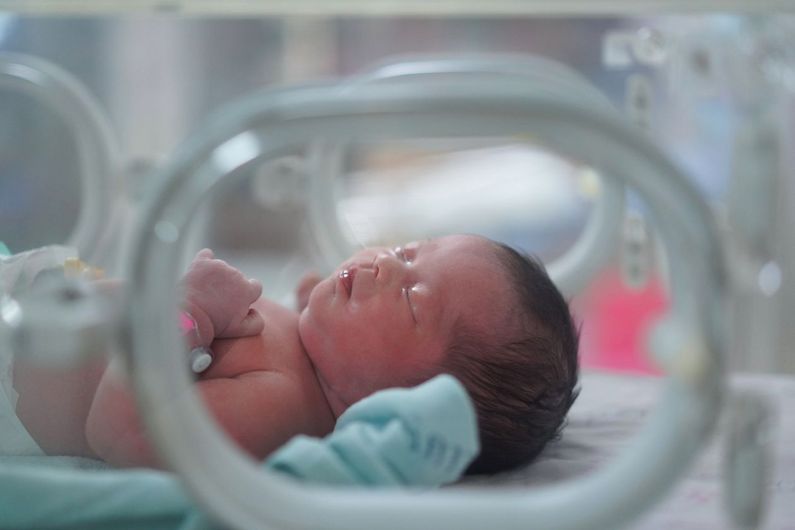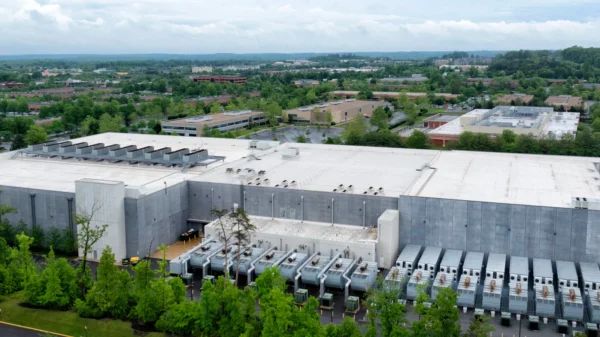Université de Montréal has developed an AI algorithm that can assess the brain maturity of infants in a matter of minutes. The artificial intelligence tool can also identify anomalies in the progression of their neurodevelopment.
The institution’s researchers recently validated the efficacy of the algorithm in a study involving 272 babies. They say it can accurately determine if their mind is adequately developed, more advanced than average or delayed.
“This is a powerful tool for detecting delays and accelerations in brain maturation,” lead researcher Sarah Lippé said in a release from the Quebec school. Her and the team she worked with say that it could enable healthcare professions to identify children at risk of developmental disorders before symptoms manifest.
Their study, titled Electroencephalography (EEG) estimates brain age in infants with high precision: Leveraging advanced machine learning in healthcare, was published in the journal NeuroImage on May 15. Collecting data with EEG involves placing electrodes on the scalp of a child to measure electrical activity in their skull.
Research on the applications of artificial intelligence for assessing the brain development of babies is not novel and has been a popular topic for years now.
Most recently before this assessment, a team from the Mount Sinai Health System in New York discovered that a deep learning algorithm was capable of identifying neurological changes in infants by examining video footage of them.
“Our study shows that applying an AI algorithm to cameras that continuously monitor infants in the neonatal intensive care unit [NICU] is an effective way to detect neurologic changes early,” Mount Sinai said in November, “potentially allowing for faster interventions and better outcomes.”
Eight years before that, a team of researchers published a study titled “Prediction of brain maturity in infants using machine-learning algorithms” in the same journal as the latest analysis from Université de Montréal. The investigators were from the Washington University School of Medicine, Boston Children’s Hospital and Brigham and Women’s Hospital in Massachusetts.
“This approach has the potential to be used to determine a brain maturity index at term equivalent for individual infants, which may assist in presymptomatic prediction of later neurodevelopmental outcomes,” they explained in 2016.
Read more: Calgary mayor wants to use AI to make local roads safer
Read more: Telescammers are now using AI to mimic the voices of your loved ones
Follow Rowan Dunne on LinkedIn
rowan@mugglehead.com














